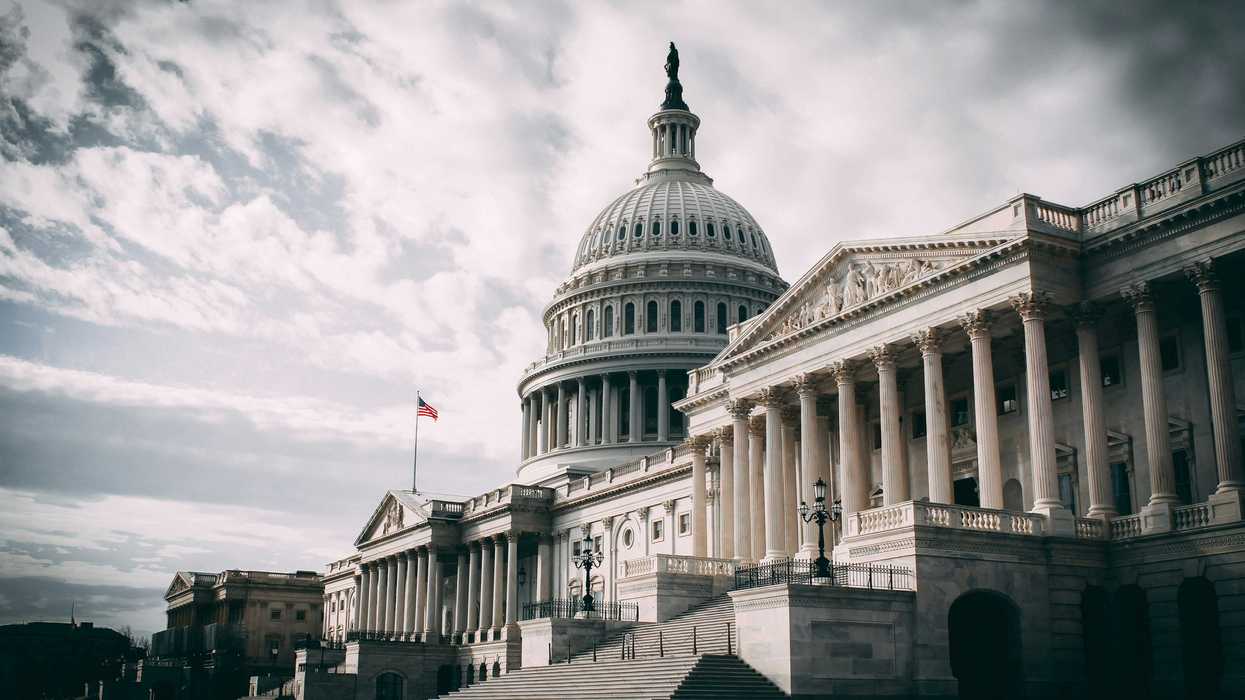The U.S. Environmental Protection Agency is backing off parts of a major drinking water rule targeting toxic PFAS chemicals, raising fears of weaker protections for millions of Americans.
Amudalat Ajasa reports for The Washington Post.
In short:
- The EPA plans to rescind and reconsider limits for four “forever chemicals” under Biden’s landmark drinking water rule, while extending the deadline for tougher limits on PFOA and PFOS from 2029 to 2031.
- These chemicals — used in everything from nonstick cookware to firefighting foam — have been tied to cancer, reproductive harm, and developmental delays, and are found in the blood of nearly every American.
- Critics argue the rollback violates federal law and puts communities — especially those already contaminated by GenX and similar toxic substances — at greater risk while benefitting chemical and utility interests.
Key quote:
“The law is very clear that the EPA can’t repeal or weaken the drinking water standard. Any effort to do so will clearly violate what Congress has required for decades."
— Erik Olson, senior strategic director for health, Natural Resources Defense Council
Why this matters:
PFAS exposure is linked to serious health issues, and weakening drinking water standards could leave millions vulnerable. Critics say this targeted rollback is a gift to industry and a blatant breach of the Safe Drinking Water Act. Communities already grappling with PFAS contamination are now left in limbo — still drinking, cooking, and bathing from taps that may be hazardous to their health.
Read more: What are PFAS?














